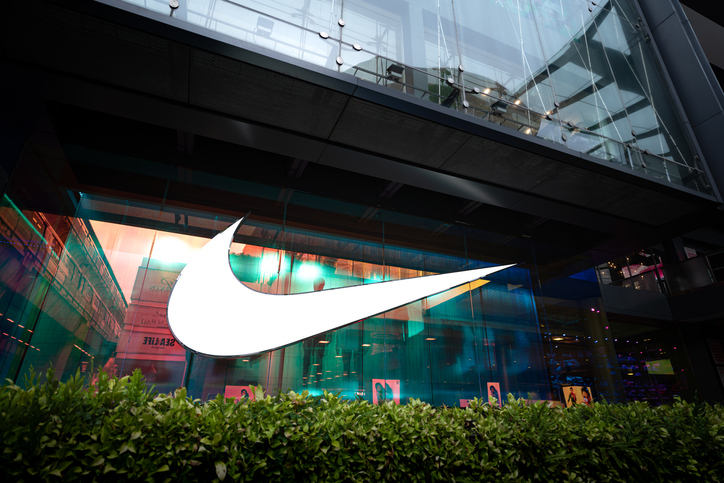Sports: One of the World’s Biggest and Most Lucrative Industries
Ranked by Global Sports Insights as the ninth largest industry on Earth, sports have evolved far beyond just a pastime or entertainment. Today, sports represent a colossal economic powerhouse that drives significant global revenue, innovation, and employment. What started as simple games played for fun now encompass a vast and complex business ecosystem with numerous interconnected sectors—from media rights and marketing to merchandise, apparel sales, and beyond.
At the heart of this massive industry are the athletes, teams, leagues, and organizations that capture the passion of billions worldwide. But the business of sports goes well beyond the field, court, or pitch. It includes an expansive network of commercial activities that collectively generate billions in economic value every year.
The Economic Scale of Sports
According to the Global Institute of Sports, the global sports market is valued in the hundreds of billions of dollars, contributing extensively to GDP in many countries. This includes revenues from ticket sales, broadcasting rights, sponsorship deals, merchandising, and licensing agreements. In particular, media and broadcasting rights have become one of the most lucrative revenue streams, as live sports events attract massive global audiences, making them prime content for networks and streaming platforms eager to capture viewer attention.
Related: The World’s Highest-Paying Sports: Leagues, Teams, and Salaries
Media, Marketing, and Sponsorships: Powering the Sports Economy
Media and marketing form the backbone of sports as a business. Sponsorship deals with major corporations inject billions annually into sports, turning athletes and teams into global brand ambassadors. Iconic sponsorships—from Nike outfitting basketball legends to Coca-Cola’s ubiquitous presence at the Olympics—illustrate how deeply intertwined sports and commerce have become. These partnerships don’t just generate revenue; they fuel innovation in fan engagement, advertising, and digital content delivery.

Merchandise and Apparel: The Tangible Business of Sports
The sale of merchandise and apparel is another critical pillar in the sports economy. Fans proudly wear jerseys, hats, and gear emblazoned with their favorite teams and athletes, creating a lucrative market for sports brands and retailers. This sector not only drives sales but also cultivates brand loyalty and deepens emotional connections between fans and sports franchises.

The Athletes, Teams, and Organizations: The Core of the Industry
At the center of this sprawling business are the athletes, teams, and governing bodies who make sports possible. Players often serve as influential entrepreneurs and global icons, leveraging their personal brands into lucrative endorsements, media ventures, and business opportunities. Teams operate like sophisticated enterprises, managing operations, marketing, and fan engagement with high levels of professionalism and innovation.
Related: The World's Most Valuable and Profitable Sports Franchises in 2025
Related: Sheila Johnson: The Billionaire Who Broke Barriers in Sports Ownership
Sports as a Growth Industry
Looking ahead, the sports industry is expected to continue its rapid growth driven by digital innovation, expanding global fanbases, and new markets, especially in Asia-Pacific and Latin America. The integration of technology—such as augmented reality (AR), virtual reality (VR), and data analytics—is transforming how sports are consumed and monetized. This business evolution creates new opportunities for investors, entrepreneurs, and professionals across sectors.
Conclusion
Sports stand tall as one of the biggest industries worldwide, blending passion with profit and entertainment with enterprise. Backed by billions in revenue and a complex ecosystem of stakeholders, sports have firmly established themselves as a multifaceted business that transcends borders and industries. For anyone interested in business, media, marketing, or innovation, the sports industry offers a dynamic and continually evolving arena where commerce meets culture.














